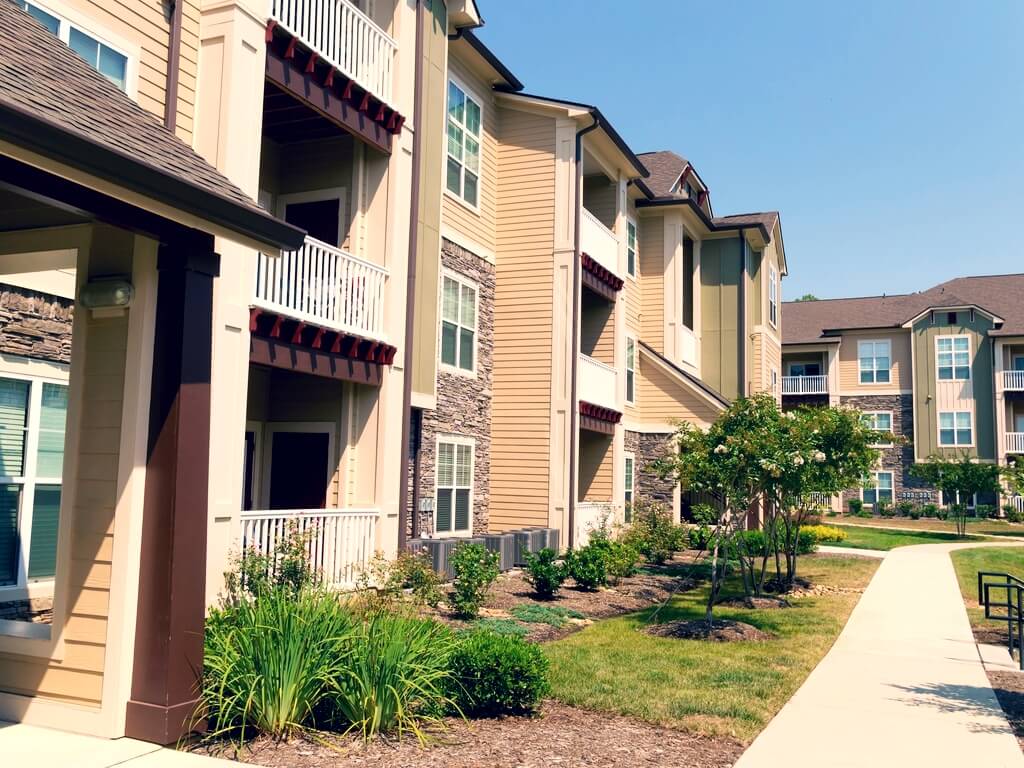While the for-sale housing market largely came out a loser in the congressional Republicans’ proposed tax overhaul, developers of rental housing were largely unscathed and could even stand to benefit.
Affordable-housing developers, who had feared that provisions in the House bill would curb production in their industry by up to two-thirds, now predict the impact of the final legislation will be modest. Meanwhile, market-rate rental owners stand to benefit from a slightly lower corporate tax rate and increased demand for rental housing.
The bill allows corporations to deduct interest on debt of just 30% of earnings before interest, taxes, depreciation and amortization, changing to a tougher threshold in later years, but carves out an exception for real-estate entities. In exchange for taking the full deduction, firms must take the tax benefits of depreciation over a longer period.
The bill also enables a portion of income from pass-through entities, such as the limited liability companies that own many commercial real-estate buildings, to take a deduction on their income of up to 20%, giving them a top effective rate of 29.6%. That provision expires after 2025, which could create uncertainty in the industry.
Apartment owners say they also could benefit from a tax code that no longer favors owners over renters now that the deduction for mortgage interest is blunted by a higher standard deduction.
“John Q. Public has been sold by the home-building industry that it’s better to own than rent because you’re getting subsidized by the government because you have all these deductions,” said Ric Campo, chairman and chief executive of Camden Property Trust, a real-estate investment trust that invests in apartments. “That equation will change.” Mr. Campo estimates his typical tenant will pay about $1,500 less a year in taxes.
Barbara Byrne Denham, a senior economist at real-estate investment-research firm Reis Inc., said the tax bill could be a particular boon for rental markets in suburban areas with high property taxes. The bill caps the amount of state and local taxes that homeowners can deduct at $10,000, which could give some families an incentive to rent longer and enjoy the good schools and other services those areas provide without having to foot a higher tax bill.
“Rental markets in those areas could really, really benefit. They’re not huge apartment markets, but they’re significant enough that demand for them could really increase,” Ms. Denham said.
Continue reading full article on realtor.com.


